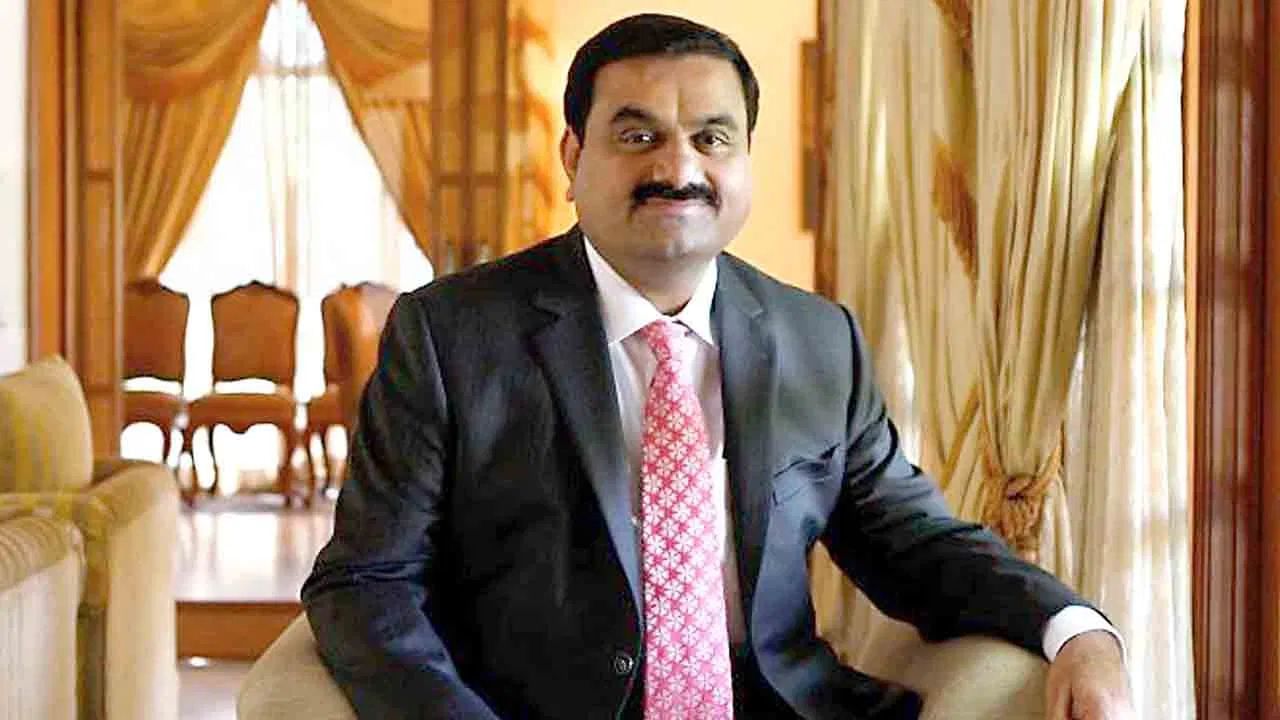Gautam Adani
Soon the rules of petrol and diesel retail businesses in India may change. The Ministry of Petroleum and Natural Gas is considering relaxing existing licensing standards. The government believes that in view of the increasing importance of changing global fuel landscape and alternative energy sources, changes in the old rules are necessary. For this, an expert committee has been formed, which will review the guidelines issued in 2019. The committee will also see what is the impact on the goals of energy security, reduction in carbon emissions and promoting alternative fuels from existing standards.
Who included the committee?
This expert committee is headed by Sukhmal Jain, former Director (Marketing) of Bharat Petroleum Corporation Limited (BPCL). Other members include P. Manoj Kumar, Director General of Petroleum Planning and Analysis Cell, PS Ravi, member of Federation of Indian Petroleum Industries (FIPI) and Director (Marketing), Director (Marketing), Ministry.
The aim of the committee is to suggest suggestions to improve existing policies, suggest alternative fuels and measures to encourage electric vehicles and identify the challenges coming in the implementation of guidelines.
What is the difference between old and new rules?
In 2019, the government had also allowed non-petrolium companies to sell retail fuel by changing the rules, provided their net property is Rs 250 crore. If a company wants to supply both retail and wholesale, then its net property should be at least Rs 500 crore.
Earlier, companies had to show a commitment to invest Rs 2,000 crore in the energy sector for fuel sales license. The new proposed changes can make it even easier to open a petrol pump.
Whose share in the market?
Currently there are 97,804 petrol pumps in the country. Of these, government companies are dominated. Indian Oil has 40,666, BPCL has 23,959 pumps and HPCL has 23,901 pumps. Reliance-BP joint venture in the private sector operates 1,991 pumps, Naira Energy 6,763 pumps and shell 355 pumps.
Global companies like Total Energy (with Adani), BP (with Reliance), Poom Energy of Trafigura and Saudi Aramco have also shown interest in taking stake in the Indian market. If the rules are relaxed, the way for these companies will become easier.
